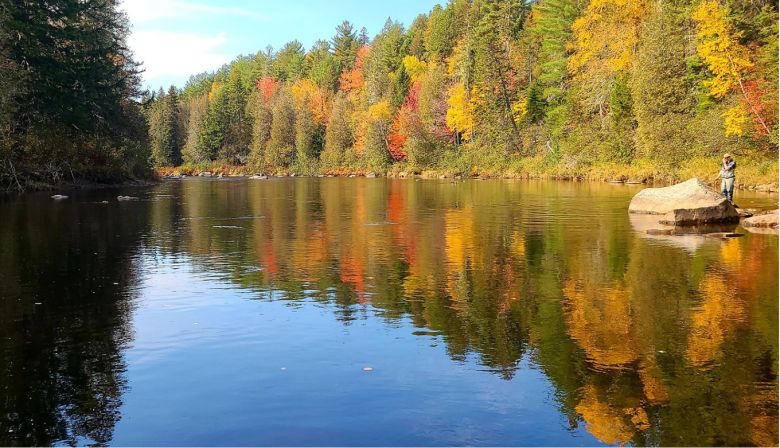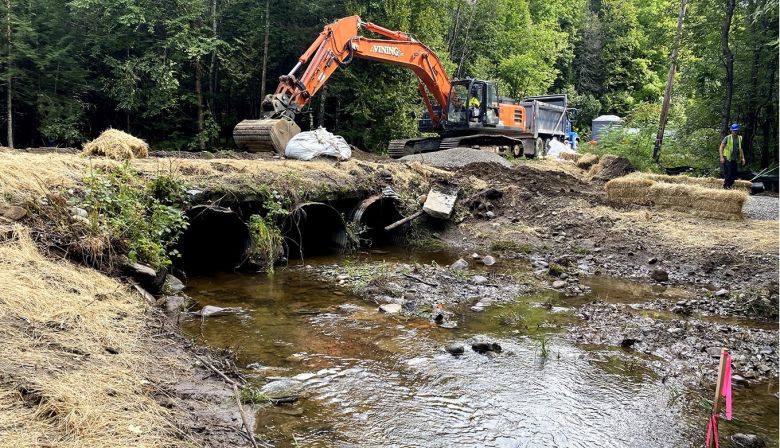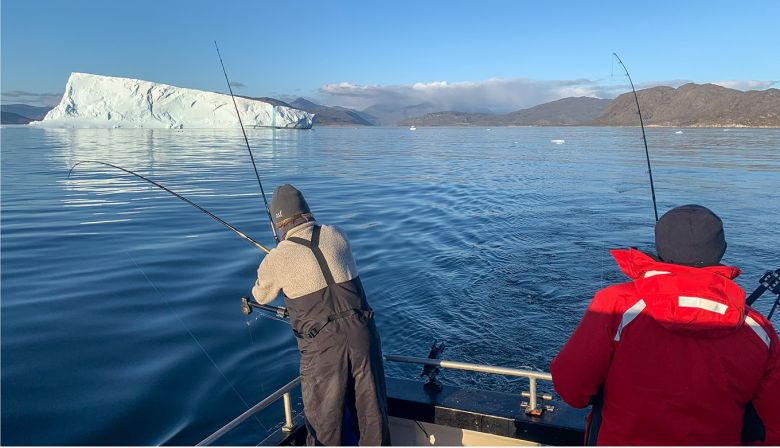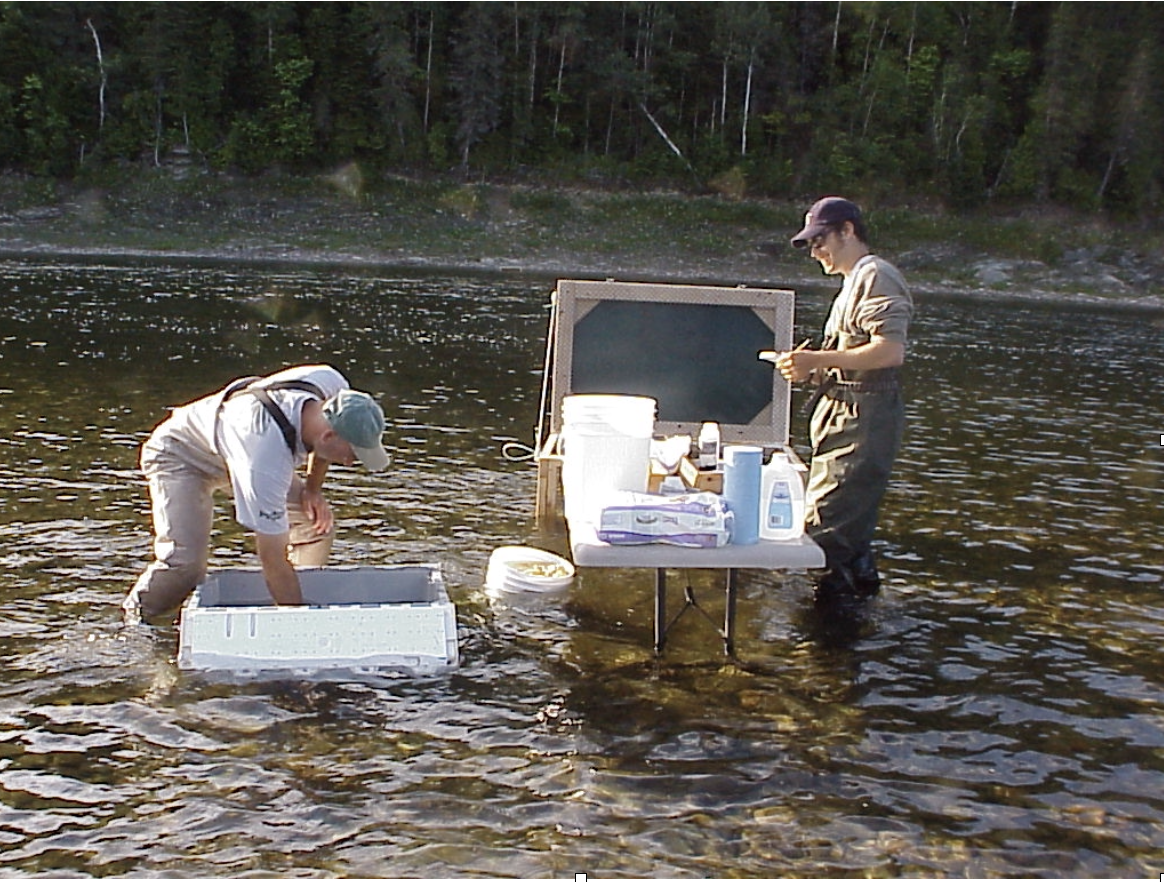The future of wild Atlantic salmon and wild rivers depends largely on the decisions of government. Advocating for positive change is one of ASF’s most important responsibilities.
Learn more about our current priorities below:
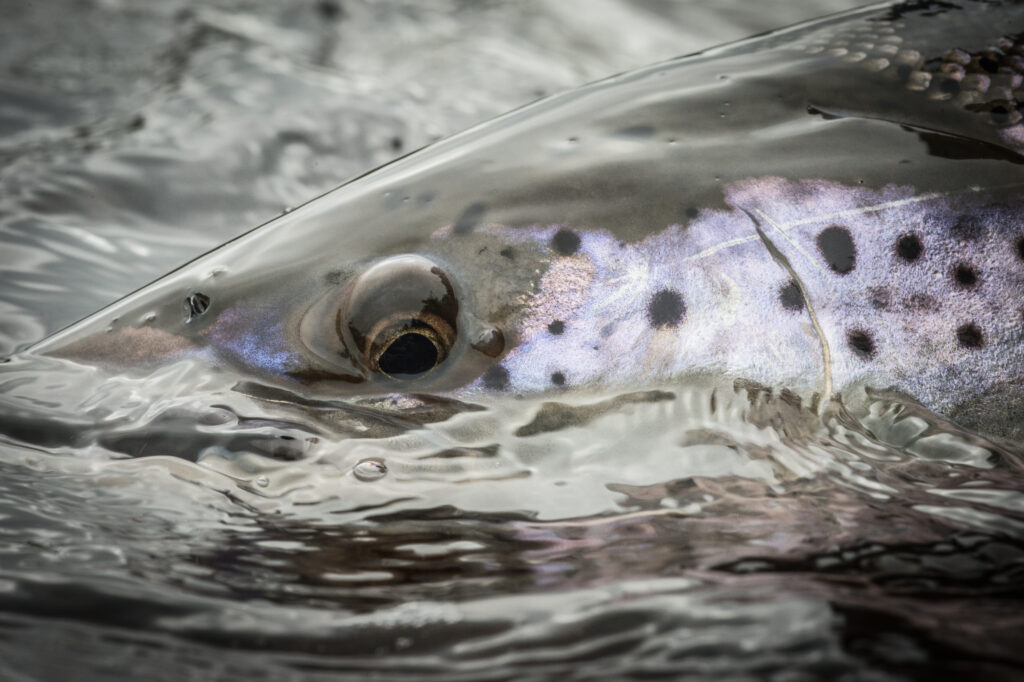
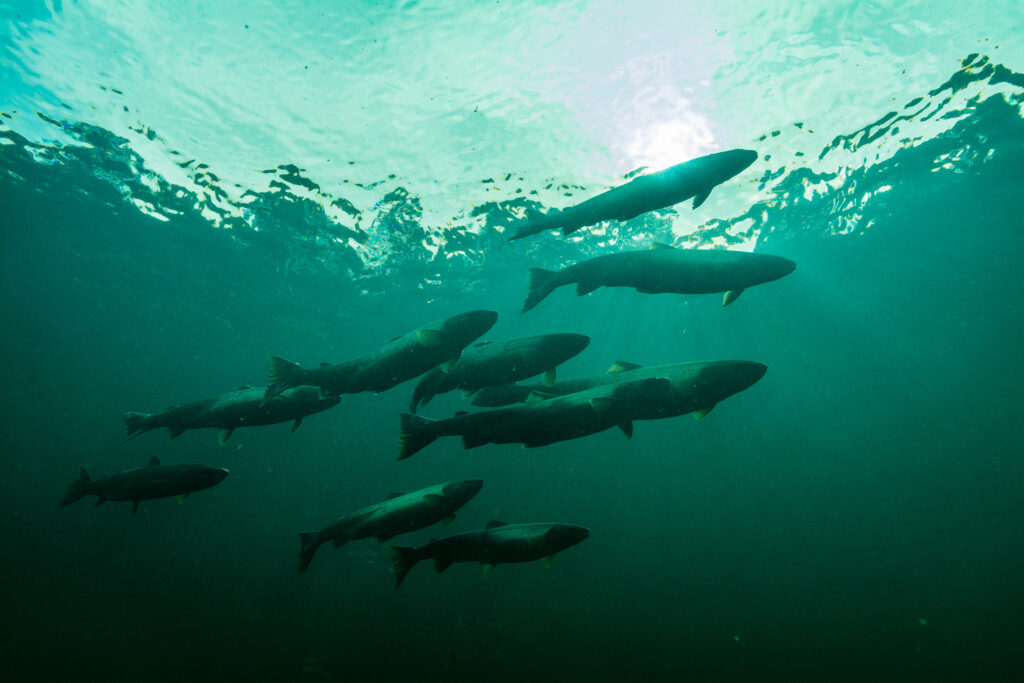
Canada’s Wild Atlantic Salmon Conservation Strategy
In 2024, ASF and our partners redoubled efforts encouraging DFO to finalize the promised wild Atlantic salmon conservation strategy. For example, we launched a letter-writing campaign that generated 734 submissions to the Minister of DFO, submitted several joint advocacy letters to the Minister together with regional councils and the Foundation for the Conservation of Atlantic Salmon, held dozens of meetings with elected leaders and officials, and aligned all of our salmon conservation partners in this effort.
In early 2025, DFO launched the strategy. Restore, Maintain, Thrive: Canada’s national strategy to ensure the future of wild Atlantic salmon is a 12-year strategy for broad participation and focused action to reverse the decline of the species. While this strategy was minimally funded, it’s a commitment from the Government of Canada for future investment and action. ASF will continue to vigorously pursue the fulfillment of this promise.
Open Net-pen Salmon Aquaculture
Wherever open net-pen salmon aquaculture exists in Maine and Atlantic Canada, adjacent wild salmon populations are considered threatened or endangered. The industry is wracked by disease and parasites which spread to wild fish and the environment. It also suffers large and small fish escapes resulting in well-documented interbreeding between wild and domesticated animals, a contributing factor to population collapse.
ASF advocates to provincial and federal governments to protect wild fish and the environment from the negative effects of open net-pen salmon aquaculture. We are also working to build public support for the following three objectives:
- Ensure the Governments of Canada and the United States meet their commitments made at the North Atlantic Salmon Conservation Organization to eliminate escapes and minimize the harm to wild fish from industrial sea lice
- Ensure Canada’s developing Aquaculture Act includes provisions for the protection of wild fish and the environment from the harmful effects of aquaculture,
- And, prevent the expansion of industry into new areas where wild salmon are present until the first two objectives are met.
Mowi, one of the world’s largest aquaculture companies, wants to increase its hatchery production in Newfoundland by 2.2 million smolt and add up to 16 new sea cage arrays along the south coast of the island, including in areas where the industry is not currently operating. In the fall of 2023, we launched a letter-writing campaign that amassed more than 200 letters that were sent to Newfoundland and Labrador’s Minister of Environment and Climate Change. The letters expressed concern about the proposed development and requested a full environmental impact statement be completed. On October 25th, 2023, it was announced that Mowi would be required to complete a full environmental impact statement for its proposed Atlantic salmon aquaculture expansion in southern Newfoundland.
In 2024, ASF uncovered large-scale illegal dumping of plastic aquaculture waste in Newfoundland and Labrador through satellite imagery analysis and on-the-ground surveys. We reported our findings to federal and provincial enforcement agencies and published photographs of the evidence. A large-scale cleanup was ordered by the provincial government, and the issue has been widely covered by local and national media, calling industry expansion plans into question.
In early 2025, we launched a multi-faceted awareness campaign with the tagline: “When sea-cage salmon farms are being banned in B.C., why are they expanding in Atlantic Canada?” Leveraging the federal government’s commitment to phase out open net-pen aquaculture in British Columbia, we’re highlighting the urgent need for similar action here in Atlantic Canada. This campaign included seven billboards in St. John’s and Corner Brook, ½ page ads in The Telegram, and a robust social media campaign to engage and mobilize supporters across the region. Visit nomorenetpens.ca to learn more.
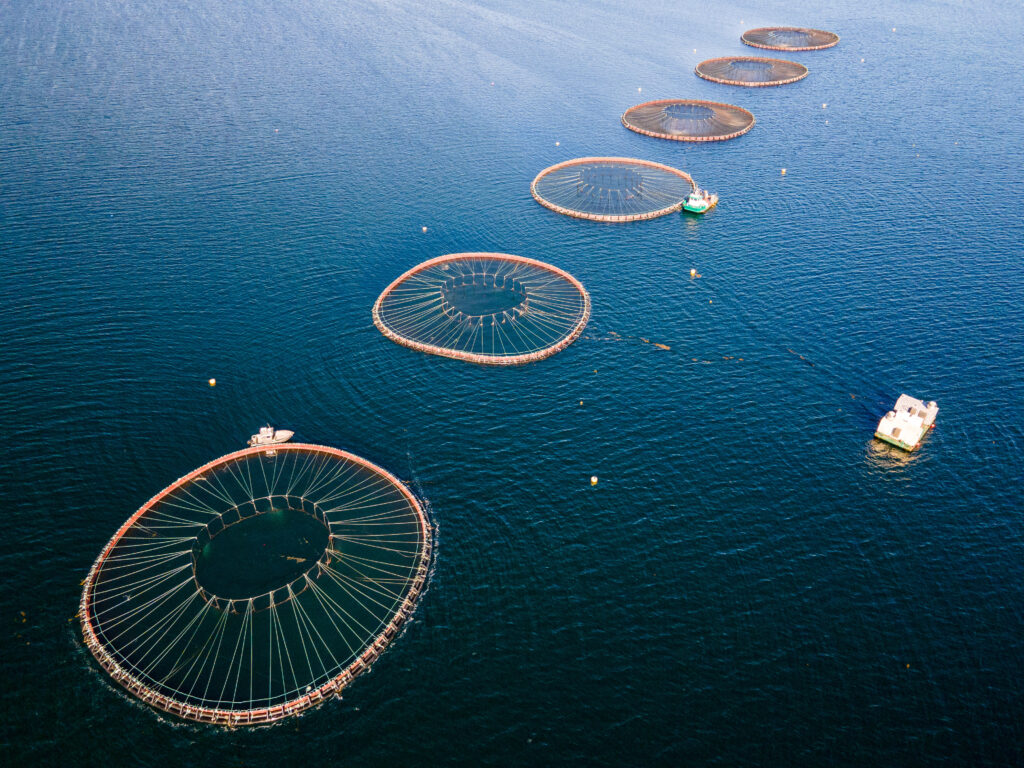
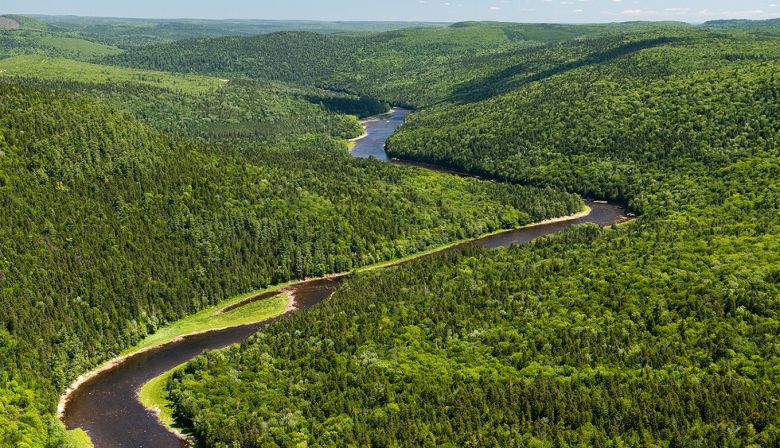
Protecting Land and Water for Atlantic Salmon
Governments around the world including in Canada and the United States have set ambitious targets for protecting nature and animals from the harmful effects of human development and, in particular, climate change. In Canada for example, the federal government has pledged to protect 30 per cent of the country’s land and freshwater, and 30 per cent of our territorial seas by 2030, a goal known as 30×30.
ASF and our partners will advocate for new protected areas to surround Atlantic salmon rivers. We have already had success in New Brunswick, where the provincial government recently announced significant new protected areas in the Miramichi, Restigouche, and other important Atlantic salmon watersheds.
A recent bilingual survey of 400 New Brunswickers, conducted by the Atlantic Salmon Federation (ASF) and the Canadian Parks and Wilderness Society – New Brunswick Chapter (CPAWS-NB), reveals that two-thirds of residents support setting new provincial targets to help Canada achieve its 30×30 conservation goals. The survey highlights consistent, widespread backing for increased protection of rivers, forests, and coastal waters, with 81% emphasizing the importance of safeguarding cold-water species habitats. As New Brunswick faces environmental challenges, public support for nature conservation remains strong across all demographics.
ASF’s modern vision for protection recognizes that those connected to the land and water are the most invested in its future. We believe that protected areas should not only preserve nature but also promote sustainable outdoor activities like hiking, canoeing, hunting, fishing, and foraging. Advocating for land and water protections is central to the fight against climate change impacts on Atlantic salmon, as healthy, intact forests play a crucial role in building resilience to extreme weather and safeguarding our rivers.
Striped bass
The rise in striped bass populations in the Southern Gulf of St. Lawrence, particularly since the late 1990s, has raised significant concerns about its impact on Atlantic salmon and the broader ecosystem. Once numbering only 3,000-5,000 spawners, the population has surged due to Fisheries and Oceans Canada’s (DFO) management measures. This rapid growth has led to an imbalanced ecosystem, with Indigenous communities and conservation organizations noting a sharp decline in salmon smolt survival on the Miramichi River during the striped bass boom. ASF and its partners have advocated for DFO to adopt a precautionary management approach, establishing reference points and targets to guide decisions. Through our tracking program, ASF has generated a valuable dataset needed to carry out advocacy on striped bass management.
Alongside our dedicated conservation and Indigenous partners, huge strides have been made in generating change to striped bass management to promote improved ecosystem balance with Atlantic salmon and other native species. Key wins include increasing the recreational bag limit from 3 to 4 fish per day, relaxing night fishing hours, securing a scientific license to study freshwater movements and distribution, and expanding the Indigenous commercial fishery with more trapnets and a quota increase to 175,000 fish by 2025. These changes will provide much-needed predation relief to Atlantic salmon, smelt, gaspereau, and other prey species, while maintaining a vibrant striped bass fishery. ASF remains focused on conserving wild Atlantic salmon and finding balance in the ecosystem, continuing to work with strategic partners to advocate for effective management.
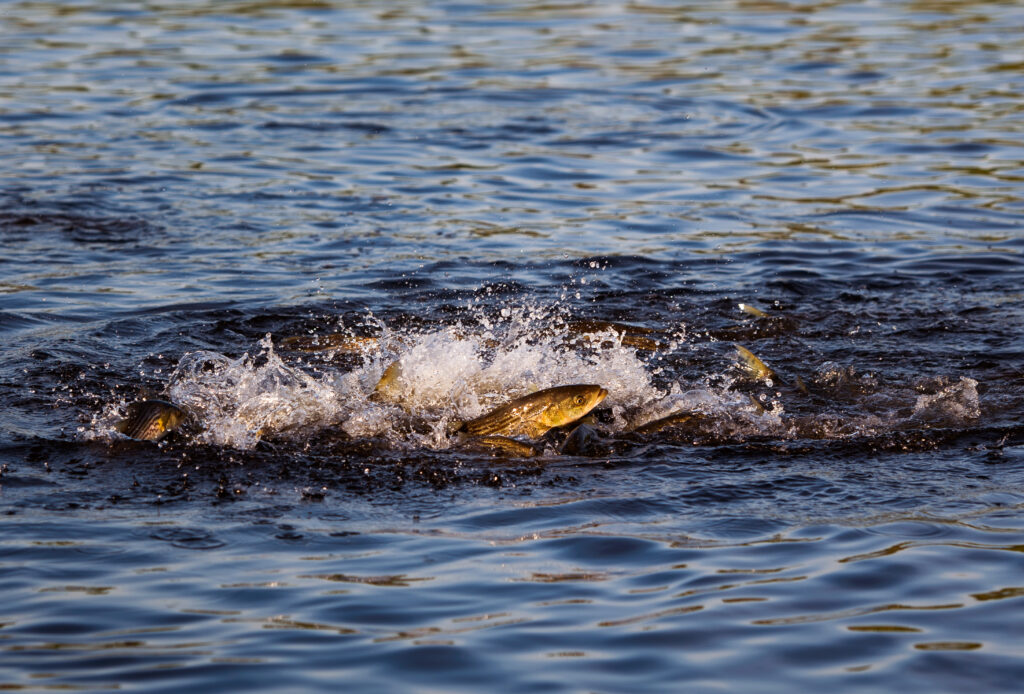
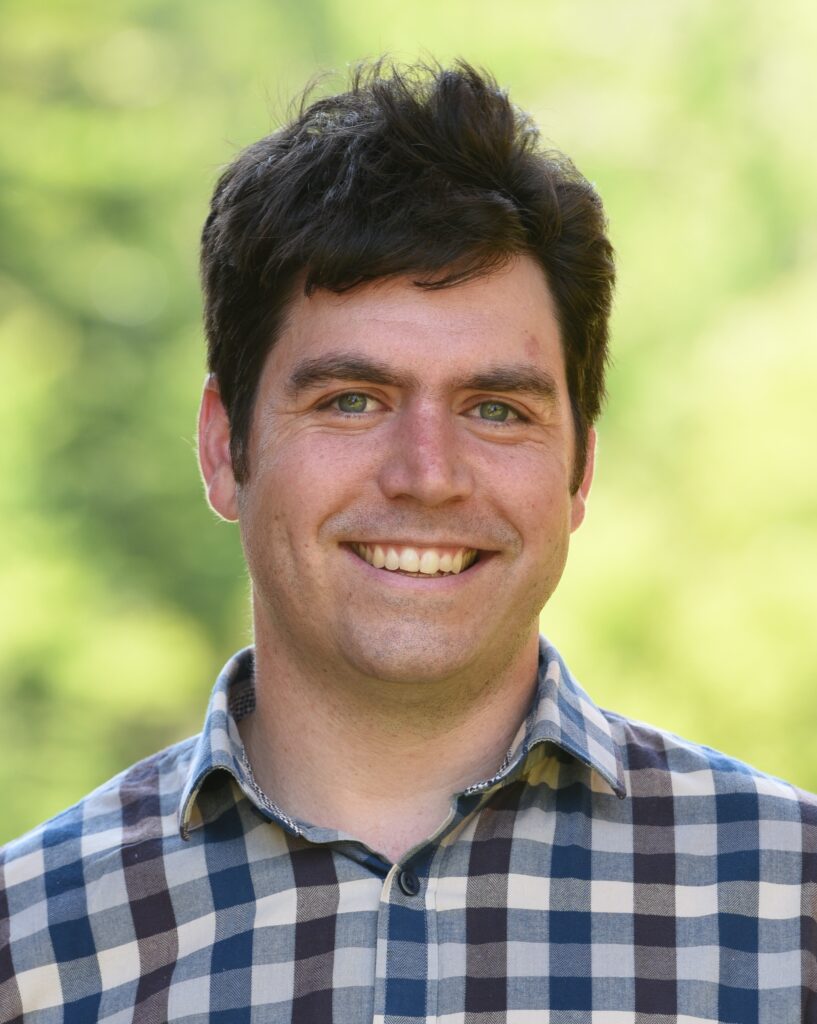
Meet the team - Neville Crabbe
Neville Crabbe is ASF’s Executive Director of Communications and Marketing. He started at ASF in 2016 after working as a multi-media journalist in Nunavut and New Brunswick. Neville leads our conservation campaigns and manages ASF’s communications. He lives in Saint John, New Brunswick.




